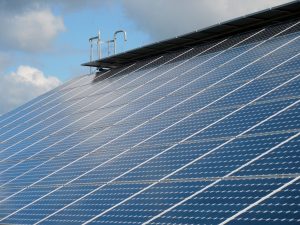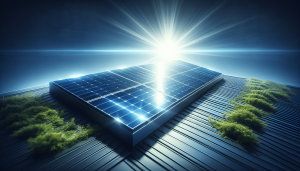Welcome to our guide on “What Are The Best Ways To Conserve Energy?” In this article, we delve into practical and efficient methods to save energy in our daily lives, helping us reduce our carbon footprint and save money on utility bills. From simple changes in our daily habits to more significant investments like upgrading to energy-efficient appliances, we explore a range of strategies that can make a big difference. By making small adjustments and staying informed, we can all contribute to a more sustainable future together. What are the best ways to conserve energy? It’s a question more and more of us are asking as we become increasingly aware of our environmental impact and rising energy costs. Conserving energy is not just about saving money; it’s about preserving our planet for future generations. In this article, we will explore various strategies and tips to help us all become more energy-efficient in our daily lives.
Understanding Energy Consumption
Understanding how and where we use energy in our homes and workplaces is the first step towards making meaningful changes. It can be eye-opening to see just how much energy we consume in different areas of our lives.
The Importance of Energy Audits
Conducting an energy audit can provide a clear picture of how much energy we are using and identify which areas are consuming the most. Professional auditors can assess our energy consumption, but there are also simple steps we can take ourselves.
Steps to Conduct a DIY Energy Audit:
- List Major Appliances: Identify major appliances and their power ratings.
- Calculate Usage: Track how often and how long each appliance is used.
- Identify Energy Vampires: Identify devices that consume energy even when off (e.g., chargers, standby electronics).
These steps can help us pinpoint where we can make the most significant energy savings.
Home Improvements for Energy Efficiency
Our homes are often the primary users of energy, from heating and cooling to lighting and appliances. Let’s explore some improvements that can make our homes more energy-efficient.
Insulation and Sealing
Improper insulation and air leaks are major culprits of energy loss. Improving these areas can substantially reduce heating and cooling costs.
Common Areas to Insulate:
- Attics and Roofs
- Walls
- Floors and Basements
Proper insulation also helps maintain a consistent indoor temperature, reducing the need for heating and cooling.
Energy-Efficient Windows
Old, single-pane windows can be significant sources of energy loss. Upgrading to double-pane or triple-pane windows can reduce heat transfer, making our homes more energy-efficient.
Benefits of Energy-Efficient Windows:
- Reduces drafts and discomfort
- Lowers heating and cooling costs
- Improves indoor air quality
While the initial cost might be higher, the long-term savings can make this an affordable option in the long run.
HVAC Systems
Heating, Ventilation, and Air Conditioning (HVAC) systems are often the largest energy users in our homes. Regular maintenance and upgrades can greatly improve energy efficiency.
Tips for Energy-Efficient HVAC:
- Replace dirty filters regularly.
- Install programmable thermostats.
- Schedule annual maintenance checks.
An efficient HVAC system not only conserves energy but also improves indoor air quality and comfort.
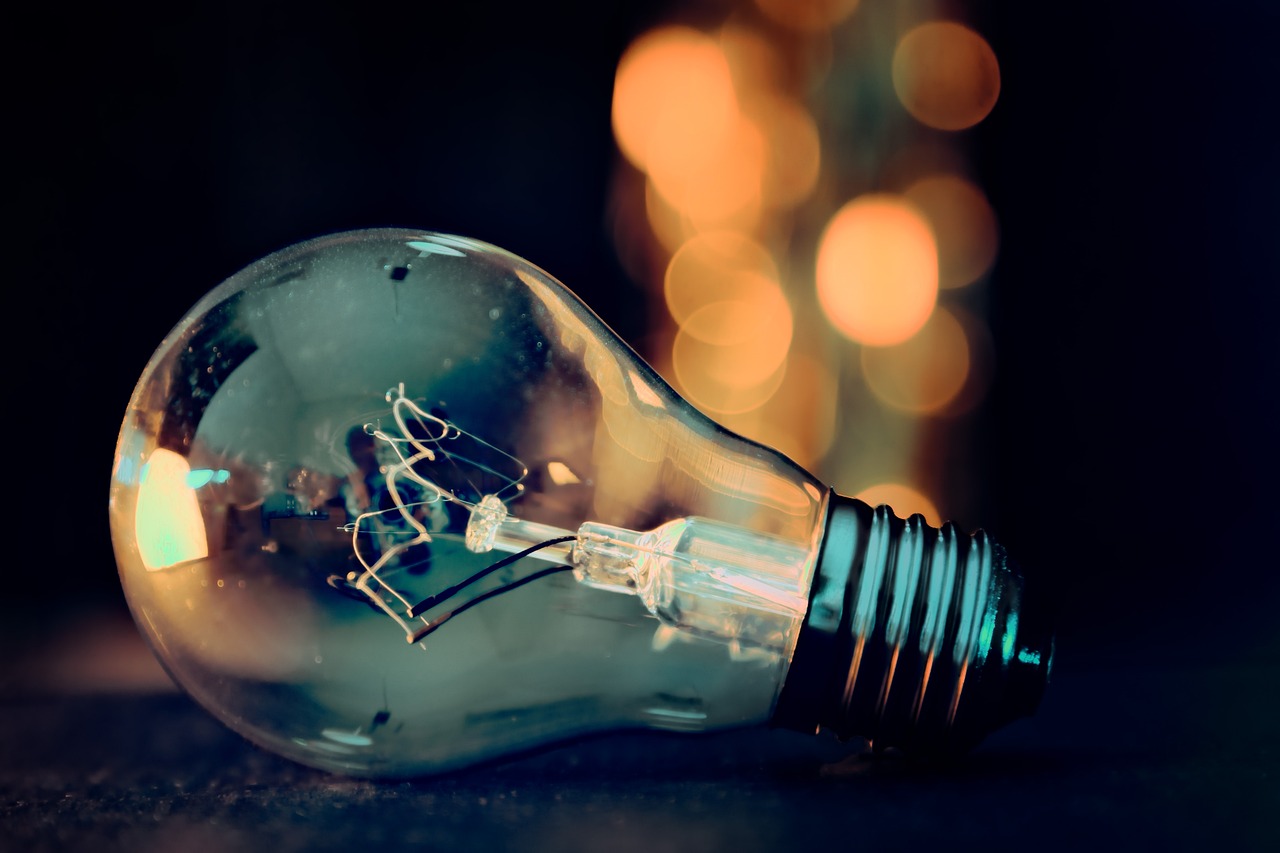
Everyday Habits to Conserve Energy
Beyond home improvements, our daily habits significantly affect our energy consumption. Small changes in our routines can sum up to substantial energy savings.
Lighting
Lighting can account for a considerable portion of our electricity bill. Switching to energy-efficient lighting options can slash our energy use.
Comparing Lighting Options:
| Type of Bulb | Energy Use | Lifespan | Cost Efficiency |
|---|---|---|---|
| Incandescent | High | 1,000 hours | Low |
| CFL (Compact Fluorescent Lamp) | Medium | 10,000 hours | Medium |
| LED (Light Emitting Diode) | Low | 25,000 hours | High |
Switching to LEDs can significantly reduce energy consumption and cost in the long run.
Appliances and Electronics
Our appliances and electronics, such as refrigerators, washing machines, and computers, can also be significant energy users. Choosing energy-efficient models and using them wisely can make a big difference.
Energy-Saving Tips for Appliances:
- Refrigerators: Keep them full for efficient cooling, but not overcrowded.
- Washing Machines: Wash with cold water and full loads.
- Computers and Electronics: Use power strips to easily switch off multiple devices.
These simple adjustments can lead to notable energy savings.
Water Use
Heating water can be a major energy expense. By reducing hot water usage, we can conserve both water and energy.
Tips to Conserve Water:
- Install low-flow showerheads and faucets.
- Fix leaks promptly.
- Take shorter showers.
Consider also insulating your water heater and pipes to maintain the water temperature longer, reducing the need for reheating.
Transportation and Energy Conservation
Our transportation choices are another significant area where we can reduce our energy consumption and thus our carbon footprint.
Fuel-Efficient Vehicles
Driving a fuel-efficient vehicle is one of the best ways to conserve energy. Look for vehicles with high miles per gallon (MPG) ratings or consider hybrid and electric options.
Benefits of Hybrid and Electric Vehicles:
- Lower fuel costs
- Reduced emissions
- Tax incentives and rebates
These vehicles not only save energy but also contribute to a cleaner environment.
Carpooling and Public Transportation
Reducing the number of vehicles on the road by carpooling or using public transportation can significantly diminish our overall energy consumption.
Advantages of Carpooling:
- Saves money on fuel and vehicle maintenance
- Reduces traffic congestion
- Lowers emissions
Public transportation provides similar benefits and can be a more convenient option for many of us.
Alternative Transportation
Biking and walking are excellent ways to conserve energy, stay fit, and reduce our ecological footprint. For longer distances, consider combining biking with public transportation.
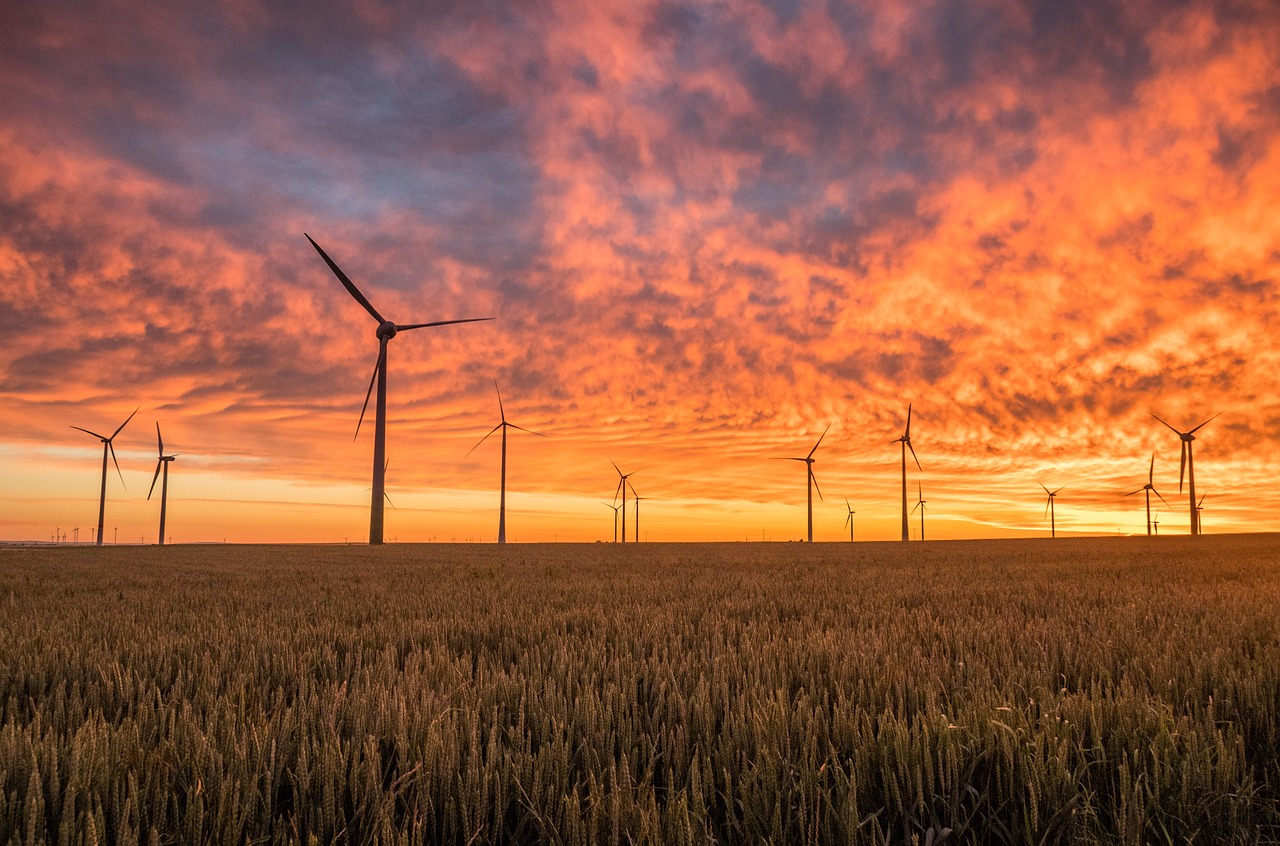
Renewable Energy Sources
While reducing energy consumption is crucial, utilizing renewable energy sources is another powerful way to conserve energy.
Solar Energy
Solar energy is one of the most accessible and widely used renewable energy sources for residential use. Installing solar panels can significantly reduce our reliance on non-renewable energy sources.
Pros of Solar Energy:
- Reduces electricity bills
- Low maintenance costs
- Increases property value
Furthermore, many regions offer incentives and rebates to offset the initial installation costs.
Wind Energy
Although less common for residential use, small wind turbines can be effective in suitable locations. Wind energy is a clean, renewable source that can significantly cut energy costs over time.
Considerations for Wind Energy:
- Initial costs and maintenance
- Location and wind availability
- Zoning and regulations
When feasible, wind energy can be a powerful complement to other renewable resources.
Geothermal Energy
Geothermal systems use the Earth’s stable underground temperatures for heating and cooling our homes. While the installation can be pricey, the energy savings and low operating costs can be substantial.
Geothermal System Benefits:
- High efficiency
- Environmentally friendly
- Long lifespan
This renewable energy source can be an excellent investment in both our homes and planet.
Government Programs and Incentives
Many governments offer programs and incentives to encourage energy conservation. These can include tax credits, rebates, and grants for energy-efficient home improvements and renewable energy installations.
Federal and State Programs
Check both federal and state resources for available incentives. These programs can significantly reduce the cost of energy-efficient upgrades and renewable energy installations.
Examples of Incentive Programs:
- Federal Tax Credits for Energy Efficiency
- State-specific rebates for solar panel installation
- Grants for low-income households to improve energy efficiency
Taking advantage of these programs can help us afford necessary upgrades without breaking the bank.
Utility Company Programs
Many utility companies offer programs to help us conserve energy. These can include free energy audits, rebates for energy-efficient appliances, and time-of-use rates.
Utility Company Programs to Explore:
- Peak-time savings programs
- Rebates for appliance upgrades
- Energy-saving home assessments
Participating in these programs can help us save money while contributing to overall energy conservation efforts.

Community Initiatives and Collaboration
Sometimes the best way to make a big impact is by working together. Community initiatives and collaboration can lead to broader changes and more significant energy savings.
Local Energy Conservation Groups
Joining or forming local energy conservation groups can spread awareness and encourage community members to adopt energy-saving practices.
Activities of Conservation Groups:
- Community workshops on energy-saving tips
- Group purchases of energy-efficient appliances
- Advocacy for local government incentives
By pooling resources and knowledge, these groups can significantly influence community-wide energy conservation.
Educational Programs
Educational programs in schools, workplaces, and community centers can instill energy-saving habits in people of all ages. Teaching the importance and benefits of energy conservation from a young age can have long-lasting effects.
Topics to Cover in Educational Programs:
- Basics of energy and energy sources
- Simple energy-saving techniques
- Long-term benefits of conservation
Incorporating interactive elements like energy-saving challenges can make these programs more engaging and effective.
Community Projects
Collaborative community projects like creating community gardens, organizing local clean-up days, or installing community solar panels can have a meaningful impact on energy conservation.
Examples of Community Projects:
- Solar panel installation for public buildings
- Establishment of bike-sharing programs
- Energy-efficient retrofitting of community centers
These projects not only save energy but also foster a sense of community and shared responsibility.
The Future of Energy Conservation
Looking ahead, the future of energy conservation is bright, with technological advancements promising even more ways to reduce our energy footprint.
Smart Home Technology
Smart home technologies, such as smart thermostats and energy-efficient appliances, can help us optimize our energy use effortlessly.
Examples of Smart Home Devices:
- Smart Thermostats: Automate heating and cooling.
- Smart Plugs: Monitor and control energy usage.
- Energy-Efficient Appliances: Communicate with each other to optimize performance.
These devices allow for precise control and monitoring, making it easier to manage our energy consumption.
Sustainable Building Practices
Emerging sustainable building practices, such as passive solar design and green roofs, are leading the way in energy-efficient construction.
Key Features of Sustainable Buildings:
- Use of renewable energy sources
- Energy-efficient materials and designs
- Rainwater harvesting and greywater recycling
These practices are setting new standards for energy conservation in the construction industry.
Advances in Renewable Energy
Ongoing research and development in renewable energy technologies hold great promise for increasing efficiency and accessibility. As these technologies become more affordable and widespread, their adoption will play a crucial role in our overall energy conservation efforts.
Exciting Renewable Energy Developments:
- Improved solar panel efficiency
- Advances in battery storage technology
- Breakthroughs in wave and tidal energy
These innovations could revolutionize how we generate and use energy in the coming years.
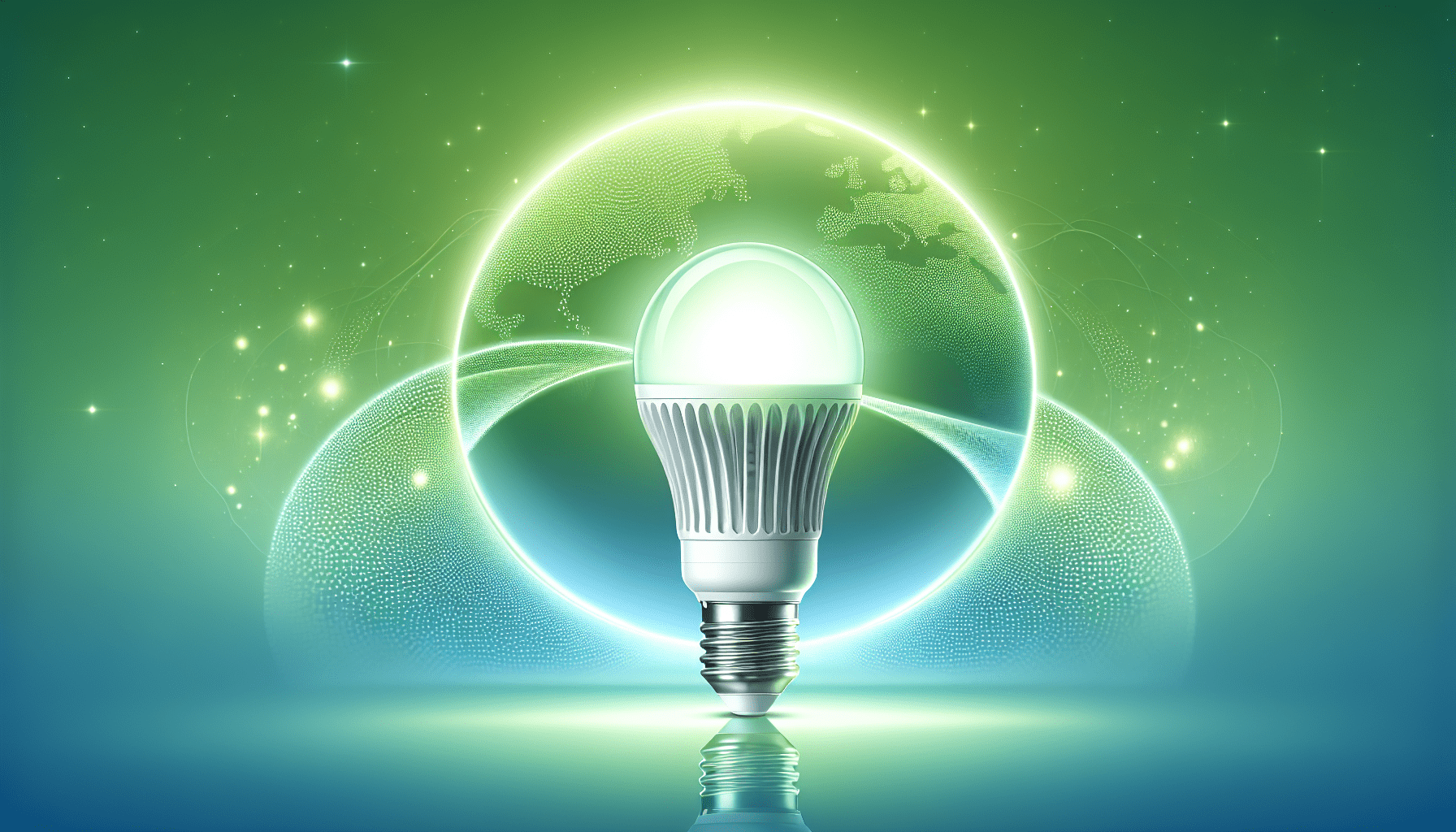
Conclusion
Energy conservation is a multifaceted issue that requires a holistic approach. From making simple adjustments in our daily habits to investing in home improvements and renewable energy sources, we all have a role to play. By understanding our energy consumption, making smart choices, and collaborating with our communities, we can make a substantial impact.
The question “What are the best ways to conserve energy?” is one that we must continually ask ourselves as we strive to live more sustainably. Whether it’s through small daily changes or long-term investments in renewable technologies, every effort counts.
Let’s take the knowledge we’ve gained and put it into action. Together, we can create a more energy-efficient future for ourselves and generations to come.

